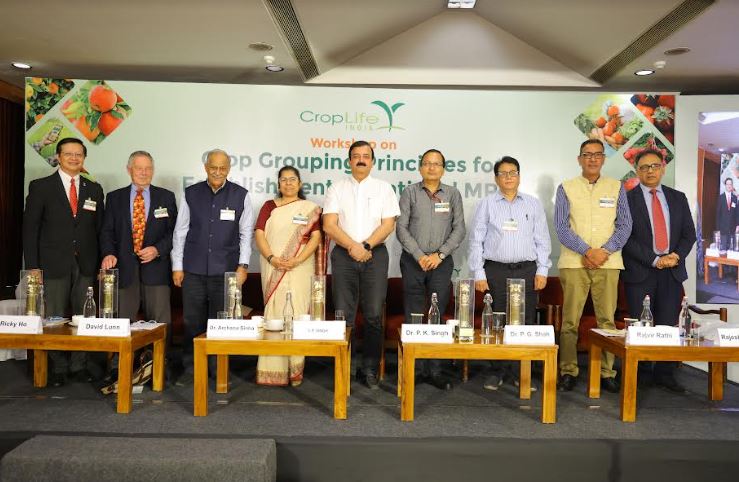Drinks, cakes, and chewing gum all contain the artificial sweetener neotame, which can upset the delicate balance of good gut flora and raise the risk of irritable bowel syndrome and sepsis.
In Short
- A relatively new artificial sweetener called neotame has been found to affect gut health
- New research shows that neotame can directly damage the intestinal lining
- Neotame is added in soft drinks, dairy products, frozen desserts and baked goods.
Recent research indicates that the relatively modern artificial sweetener neotame may be harmful to human intestinal health and may even result in gut diseases.
The study, which was published in the journal Frontiers in Nutrition, shows that neotame can cause cell death in the intestinal lining and epithelial cells, which can affect good gut flora both directly and indirectly.
NEOTAME: WHAT IS IT?
Neotame is a white powder with a sweetness content that is 30–70 times sweeter than aspartame, another prominent artificial sweetener used in culinary goods, and 7,000–13,000 times sweeter than regular sugar.
Soft beverages, dairy products, baked goods, frozen desserts, and other items bearing the labels “sugar-free,” “diet,” and “no sugar added” all include it.
MORE ABOUT THE STUDY
The leaders of this new study, Drs. Chichger and Aparna Shil of Jahangirnagar University in Bangladesh and ARU’s associate professor of biomedical science, nevertheless, stress the need for more research into the potentially dangerous effects of a number of artificial sweeteners that have been developed more recently.
Dr. Chichger stresses how important it is to understand how sugary foods impact intestinal health.
“Our new research demonstrates that neotame causes similar problems, including gut bacteria becoming diseased,” stated Dr. Chichger, senior author of the study and associate professor of biomedical science at Anglia Ruskin University (ARU). “It is important to also study sweeteners that have been introduced more recently.”
In order to protect the public’s health, he emphasized the possible health risks, such as intestinal inflammation and infections, and the necessity for a better awareness of common food additives.
Read More: Surprising benefits of drinking Hing water on empty stomach every day!

















Reader Interactions